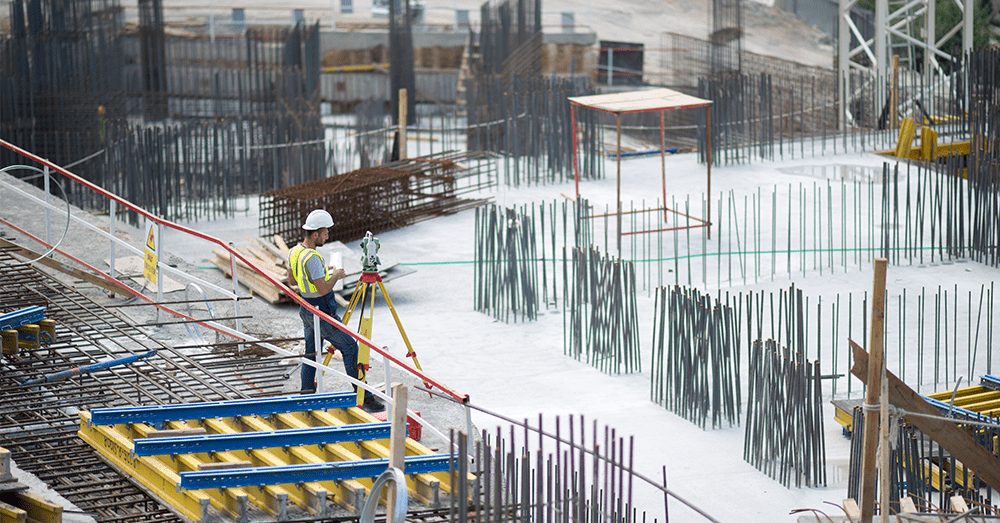
Building materials are the essential components of any structure. They are used to provide strength, durability, and aesthetic appeal. There are a wide variety of building materials available, each with its own unique properties and benefits.
In addition to these common materials, there are a number of other building materials that are used in specific applications. For example, aluminum is often used in the construction of aircraft and other transportation vehicles. Concrete is also used in the construction of dams and other large structures.
The choice of building materials will depend on a number of factors, including the purpose of the structure, the climate, and the budget.
For example, a building that is located in a cold climate will need to be made of materials that are resistant to the elements. A building that is located in a seismically active area will need to be made of materials that are strong and durable.
The budget will also play a role in the choice of building materials. Some materials, such as steel and concrete, are more expensive than others, such as wood and masonry.
Ultimately, the choice of building materials will depend on the specific needs of the project.

By considering these factors, you can choose building materials that will create a safe, durable, and attractive structure.
By following these tips, you can choose building materials that will create a safe, durable, and attractive structure that will last for years to come.
Choosing the right building materials is just one part of the puzzle. Getting a clear understanding of the overall expenses can help you budget effectively. For a detailed breakdown, check out our article on the ‘Cost of Building a House in Australia‘.